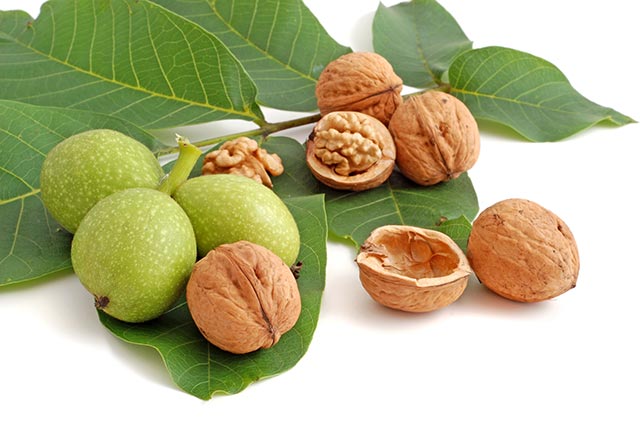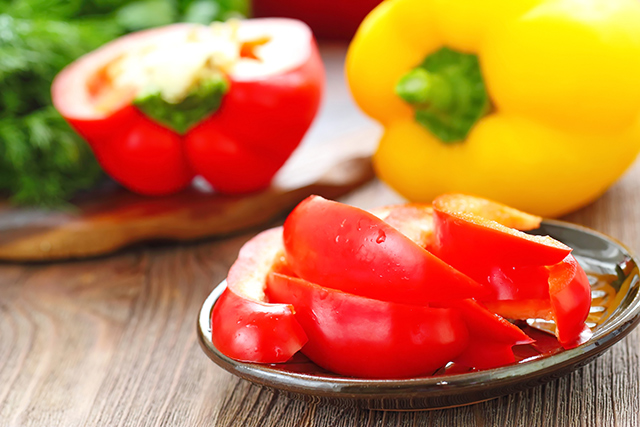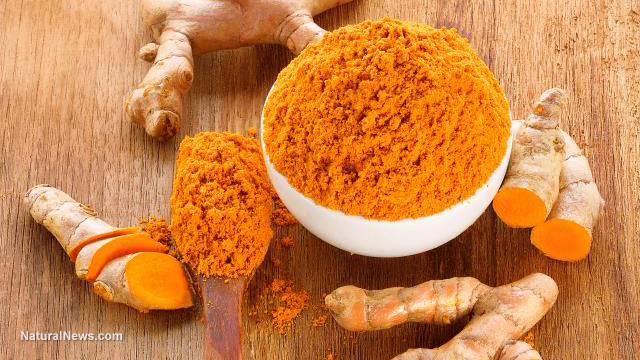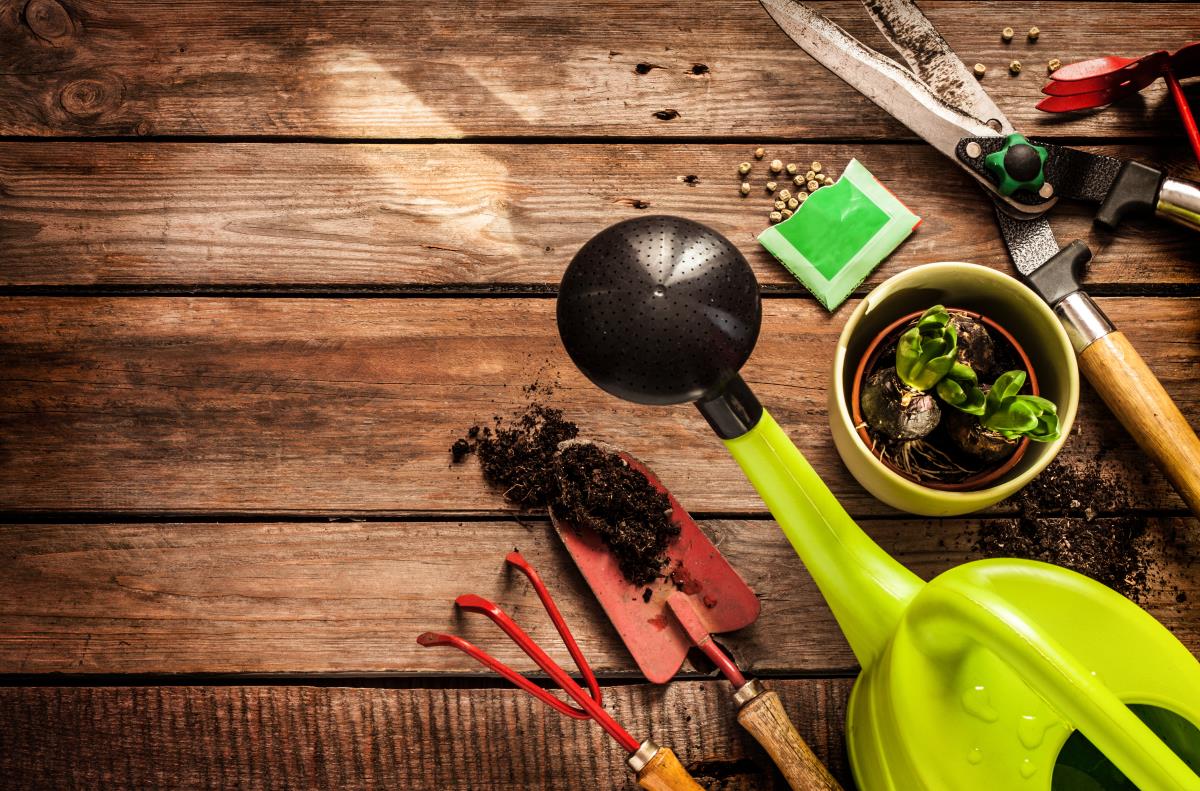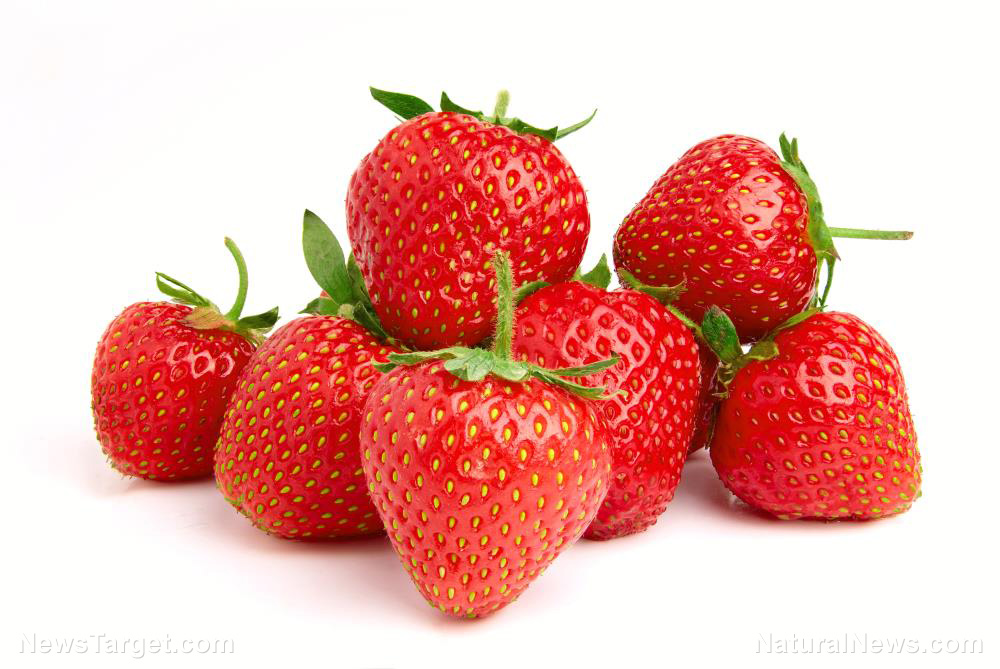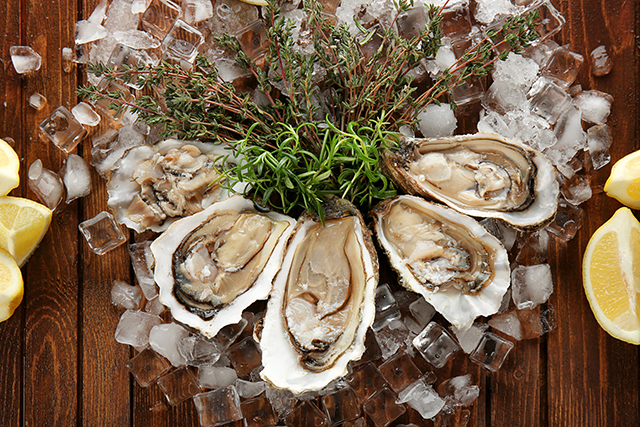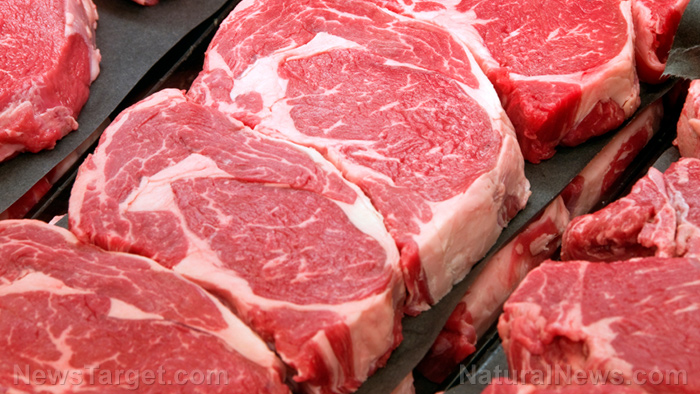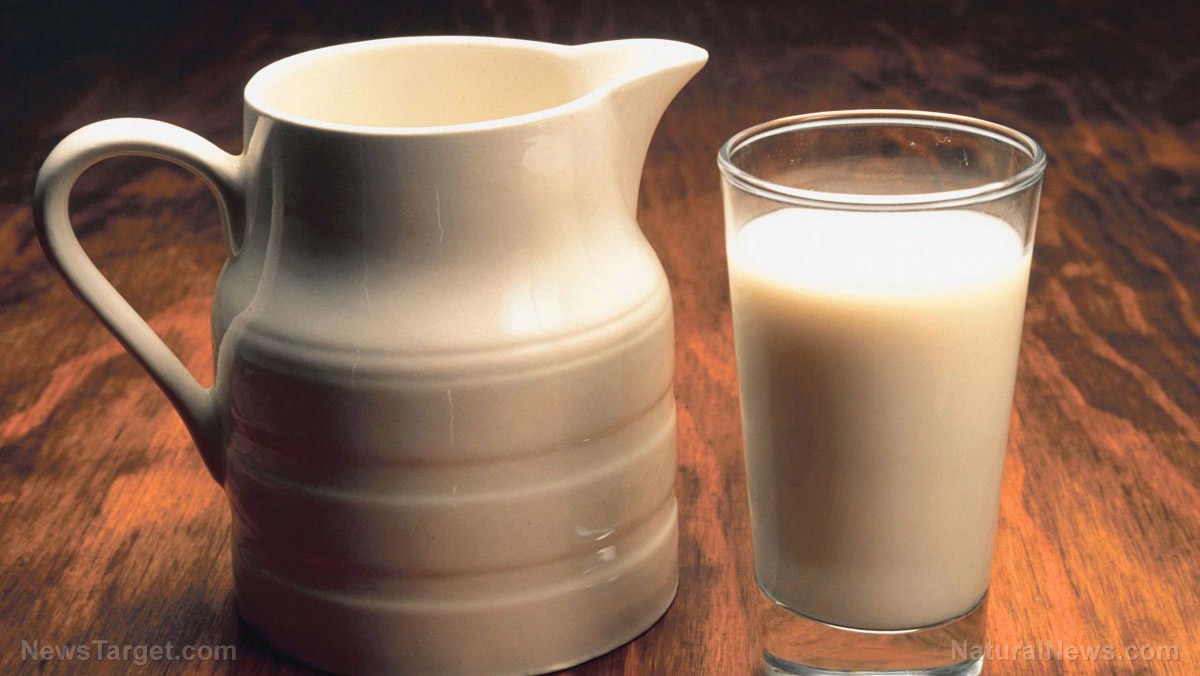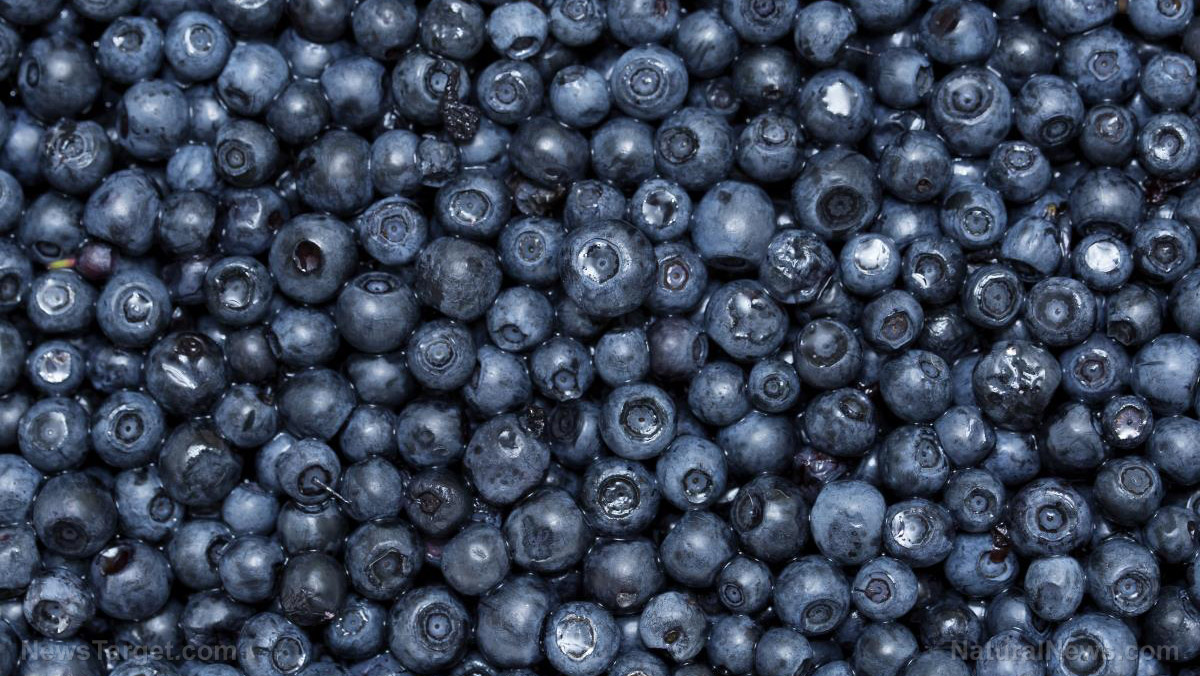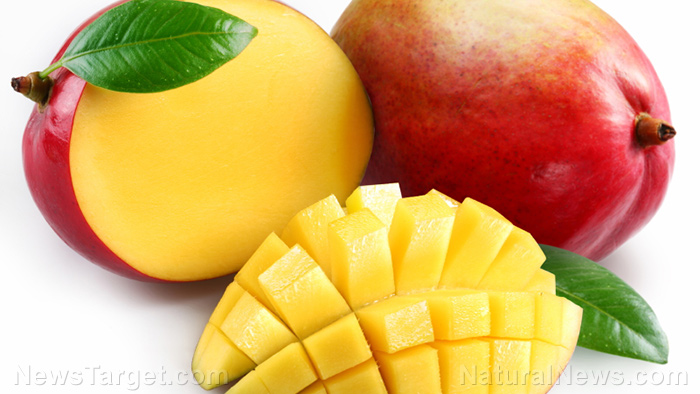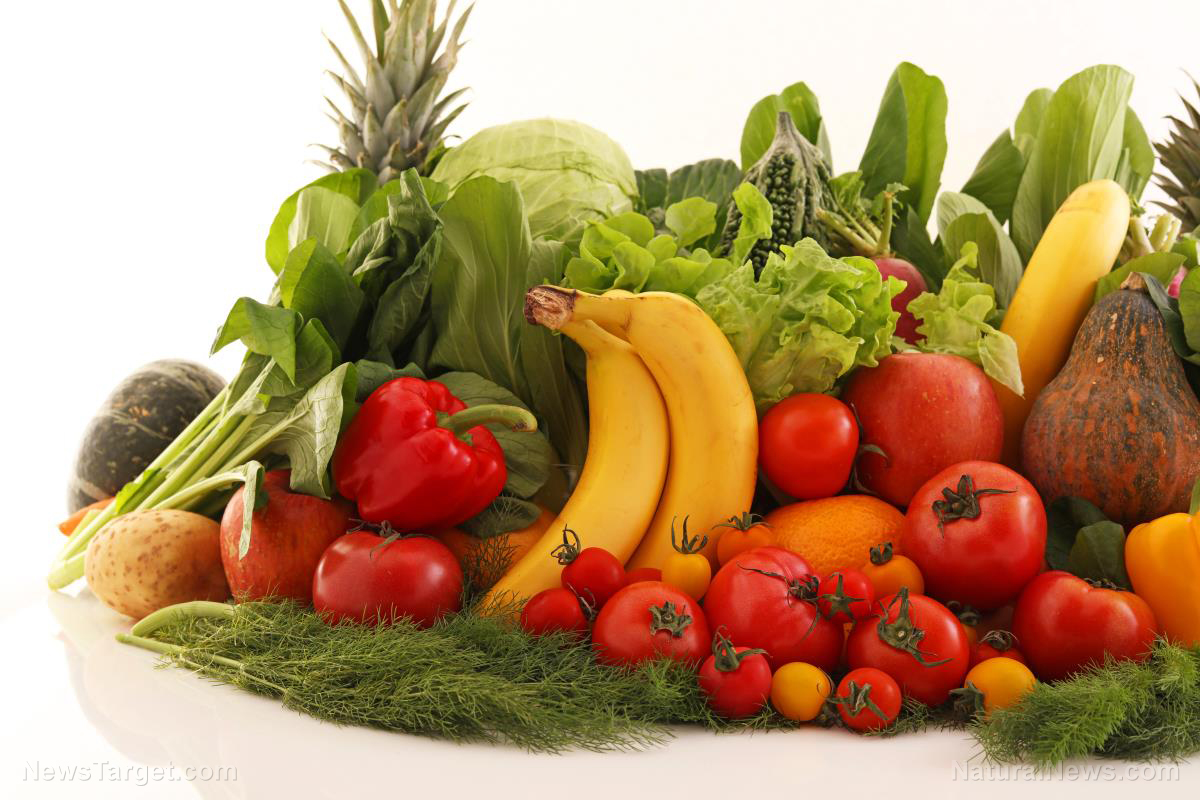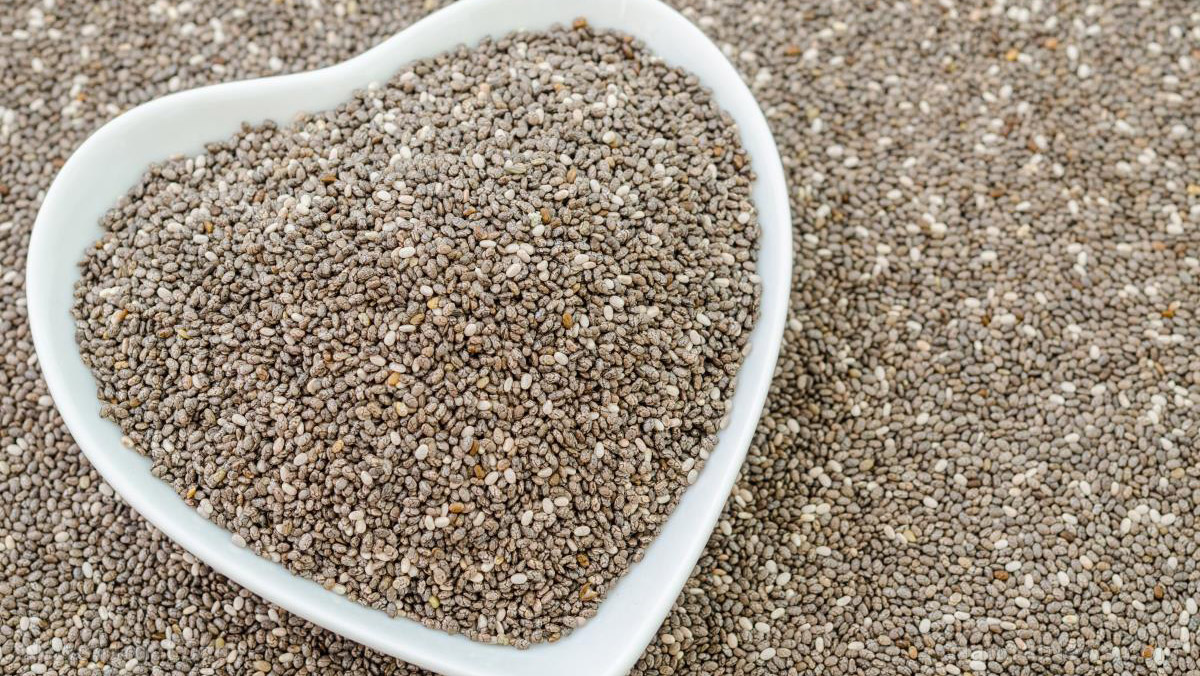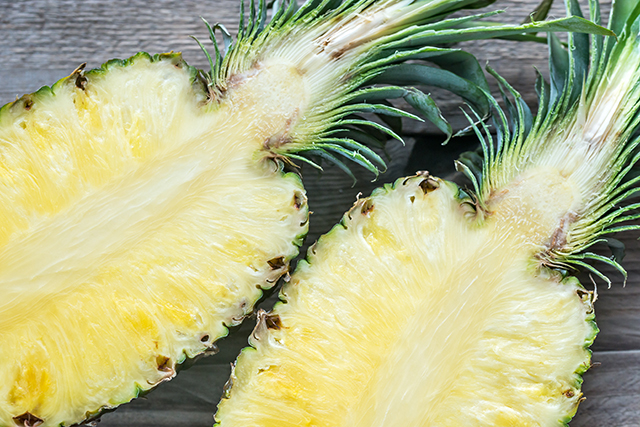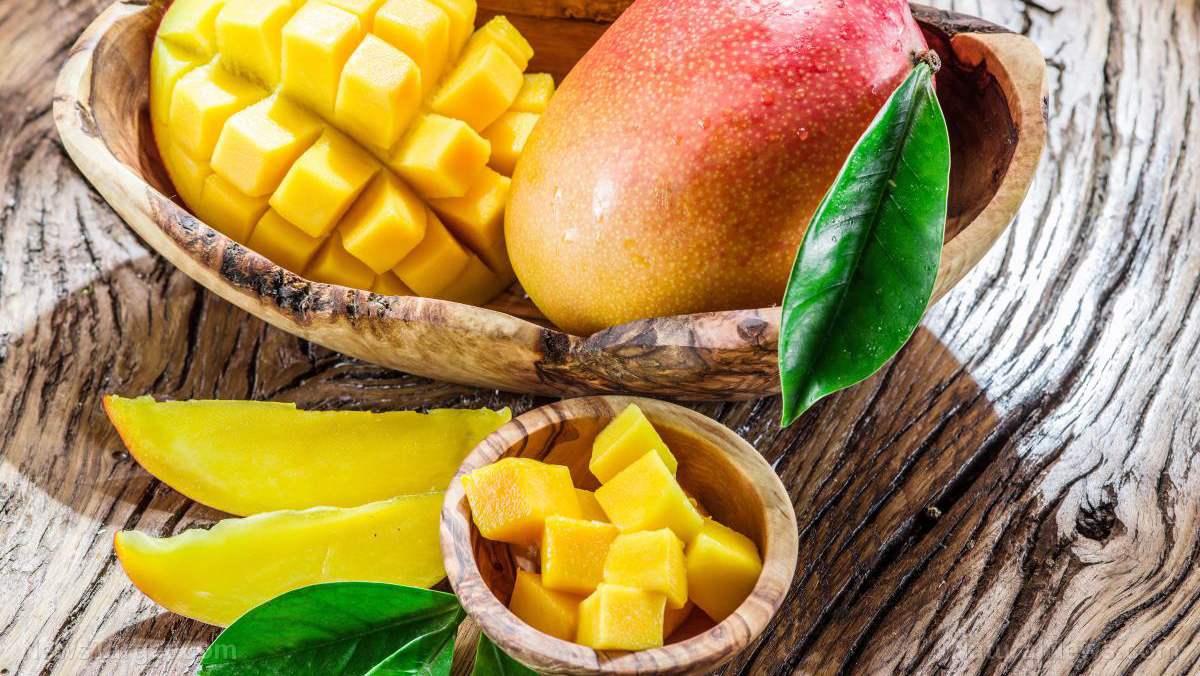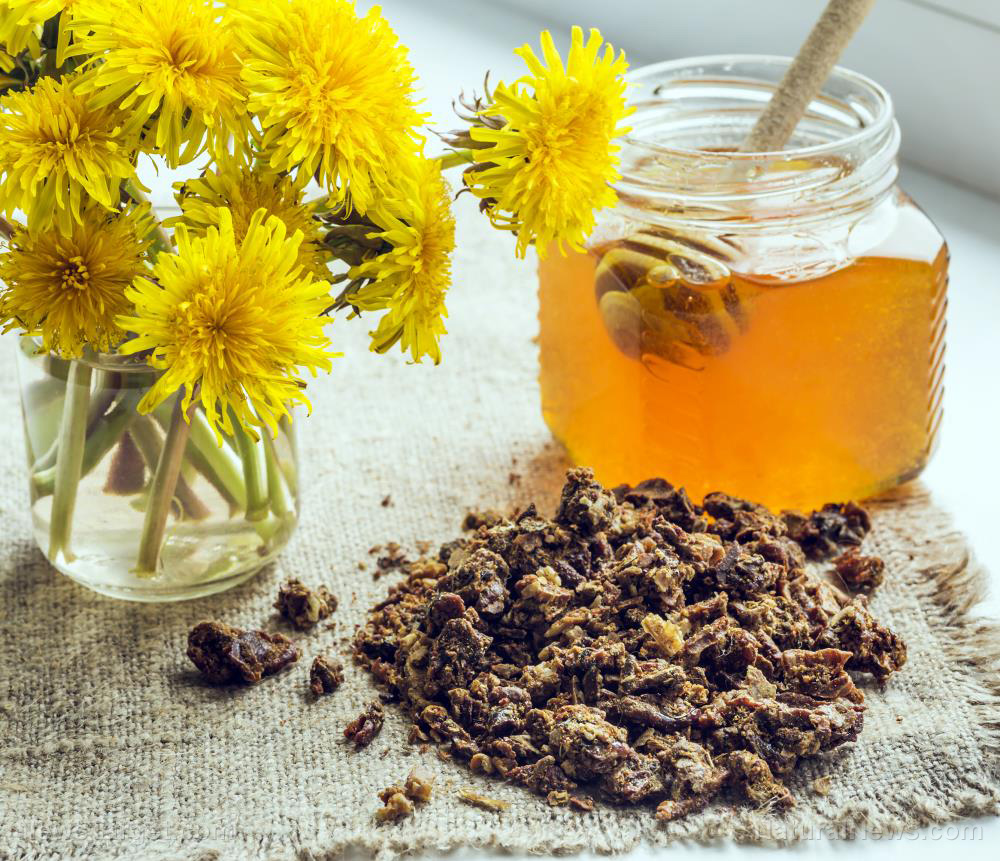Don’t make yourself ill with E. coli – safety precautions to guard against contamination
02/11/2018 / By Rhonda Johansson

Hundreds of thousands of people fall ill from E. coli contamination each year. Despite local outcry to improve food manufacturing practices, pathogenic E. coli is still a prevalent bacterium that continues to impact the healthcare system. The most common sources of foodborne infection of E. coli are raw fruits and vegetables, unpasteurized dairy products, and improperly cooked meat.
E. coli is mostly spread through fecal contact. Food that comes into contact with either human or animal feces is more likely to have pathogenic E. coli. This should make preventing an infection easier, since the vector of contamination is in how food is prepared. However, complicated logistical practices make it difficult for health and government agencies to pinpoint where and how food is prepared and/or handled.
This guide will serve as a brief introduction to how you can guard against contamination.
- Know where your food is coming from — The easiest way to avoid an infection is by sourcing your food from a reputable grocer. We recommend buying from your local farms. Not only does this help the community, but most local small farms don’t use pesticides or herbicides. If you can, try growing your own food — this way, you really know what you’re putting in your mouth. (Related: E. coli contaminates two-thirds of fresh chicken sold in UK supermarkets.)
- Practice proper food habits — You can guard yourself well by practicing good food hygiene practices. This includes washing produce thoroughly and cooking meat properly.
- Storing food correctly — Do not store fruits and vegetables in the same drawer as raw meat or fish. Doing so increases the risk of contamination.
- Wash your hands — Handle food with clean hands. Health groups recommend washing your hands with hot, soapy water for at least 20 seconds before and after handling food. Wash fruits and vegetables under running water.
- Use your common sense — If a fruit or vegetable looks abnormal, do not eat it. If it smells sour, tastes bitter, or feels different, do not eat it. It might be considered a waste of food, but if you die, that’s a waste of life too.
Other things you should take note of:
- There is debate on whether you should rewash pre-washed fruits and vegetables. There are no clear guidelines about this but a general rule of thumb is that it is safe to wash pre-washed fruits and vegetables once before you prepare or eat them. Don’t overwash them.
- Do not use the same cutting boards for vegetables and raw meat. This will prevent cross-contamination.
- Wash cutting boards before and after you use them. Depending on what your board is made of, using soap may or may not be useful.
On E. coli
Escherichia coli (E. coli) are bacteria found in food and in the intestines of animals and humans. E. coli refer to a large group of bacteria, with a majority of strains being harmless or beneficial to the gut. However, pathogenic E. coli can cause diarrhea, urinary tract infections, and other illnesses.
An E. coli infection manifests itself differently in people but general symptoms include stomach cramps, bloody diarrhea, and vomiting. Most people need a week to recover; but there are cases where an E. coli infection can be potentially fatal. Patients who experience severe diarrhea for more than three days accompanied by high fever should immediately seek medical attention.
The Centers for Disease Control and Prevention (CDC) estimates that there are 265,000 E. coli infections in the United States each year. This number is said to be higher as many infected patients do not seek medical help.
You can read more articles on E. coli and how to protect your food from other contaminants at FoodScience.news.
Sources include:
Tagged Under: disease causes, E. coli, Escherichia coli, food contamination, food preparation, food safety, food science, Kitchen, salads
RECENT NEWS & ARTICLES
COPYRIGHT © 2017 RAW FOOD NEWS

